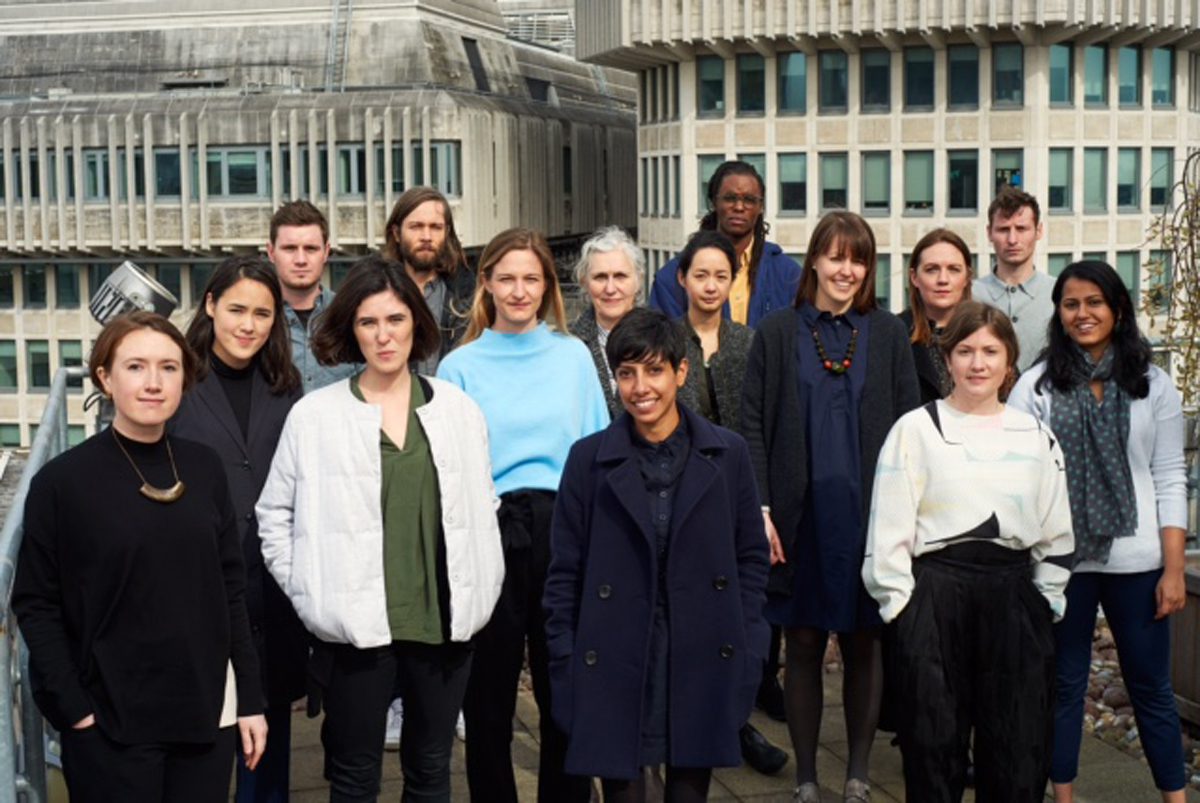Public Practice was established to supply design thinking to local authority planning departments. As the first cohort of associates completes its placement, Tom Fox reflects on the experience

Public Practice is a social enterprise that places built environment experts within public authorities with the aim of improving the “quality and equality of everyday places”. It has a manifesto setting out seven values that define how proactive planning can achieve that, which includes the line “everyday places can be extraordinary”, a seemingly innocuous and common-sense idea whose practical implications I’ve been tackling over a year-long placement in local authorities as one of the first cohort of Public Practice ‘associates’.
Everyday places are defined by the status quo on many levels. While the specificity of particular places and communities bends and warps this status quo, everyday places are subject to standardised approaches to the analysis, design, procurement, construction and management of the built environment. In order to better shape them, this status quo needs to be challenged on each one of these levels. Public authorities are uniquely positioned to do this work, but that requires time, particular skills and resources that are in short supply.
Everyday places can be extraordinary – a seemingly innocuous and common-sense idea whose practical implications I’ve been tackling over a year-long placement in local authorities”
In my work for two local authorities – St Albans City & District Council and Dacorum Borough Council – my most effective contribution is in articulating the councils’ ambitions spatially, identifying where critical decisions that determine the quality of places are made, and challenging these decisions.
Architects are of course familiar with this this role of challenging a brief. In local government, however, what constitutes a brief in the early stages of projects is much broader. The scope of your work can literally be defined by who you chose to telephone, or to set up a meeting with.
Above, and top: a public forum for Public Practice, and the first cohort of associates, whose tenure began in the Spring
Not being able to work in this way in previous jobs was the reason I took the opportunity to join the public sector through Public Practice. In particular, I was frustrated by the way that environmental issues were never part of briefs in a way that is remotely consistent with the scale of the climate challenge. However the move into the public sector has only partly met my expectations. Part of the work of Public Practice is to undertake research into pressing issues that local authorities face. At the beginning of each year, the new cohort of associates gathers research questions to tackle. Alarmingly, and to my surprise, sustainability barely registered: only two of 148 questions put forward by authorities related to the environment. If ever there was an issue that will challenge the quality and equality of everyday places, the environment has to be it.
Whatever the issues facing local authorities, it is vital that the expertise of architects and urban designers is brought to bear at early stages”
Whatever the issues facing local authorities, it is vital that the expertise of architects and urban designers is brought to bear at early stages in one of two ways. First, and perhaps most obviously, architectural knowledge is critical in shaping policy, and particularly in ensuring it pulls up the base quality of the built environment while still creating the conditions for exceptions to the norm. Second, architecture can be a form of enquiry in itself. Analysing space as a means of talking about wider economic, political and cultural change is fundamental to shaping decision-making at early stages, when projects often get confined to delivering the status quo.
Working in this way will not only widen the agency of architecture and urban design, but also strengthen the role of planning within the delivery of the broader political agendas of local government.
Public Practice is currently recruiting its second cohort, with an application deadline of 26 November 2018. Visit publicpractice.org.uk for details.














